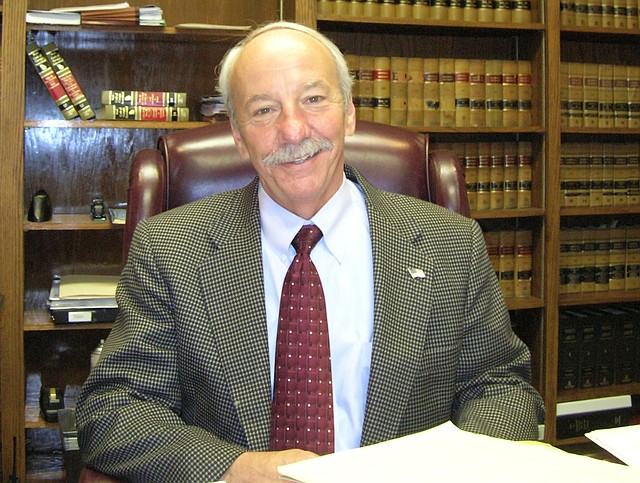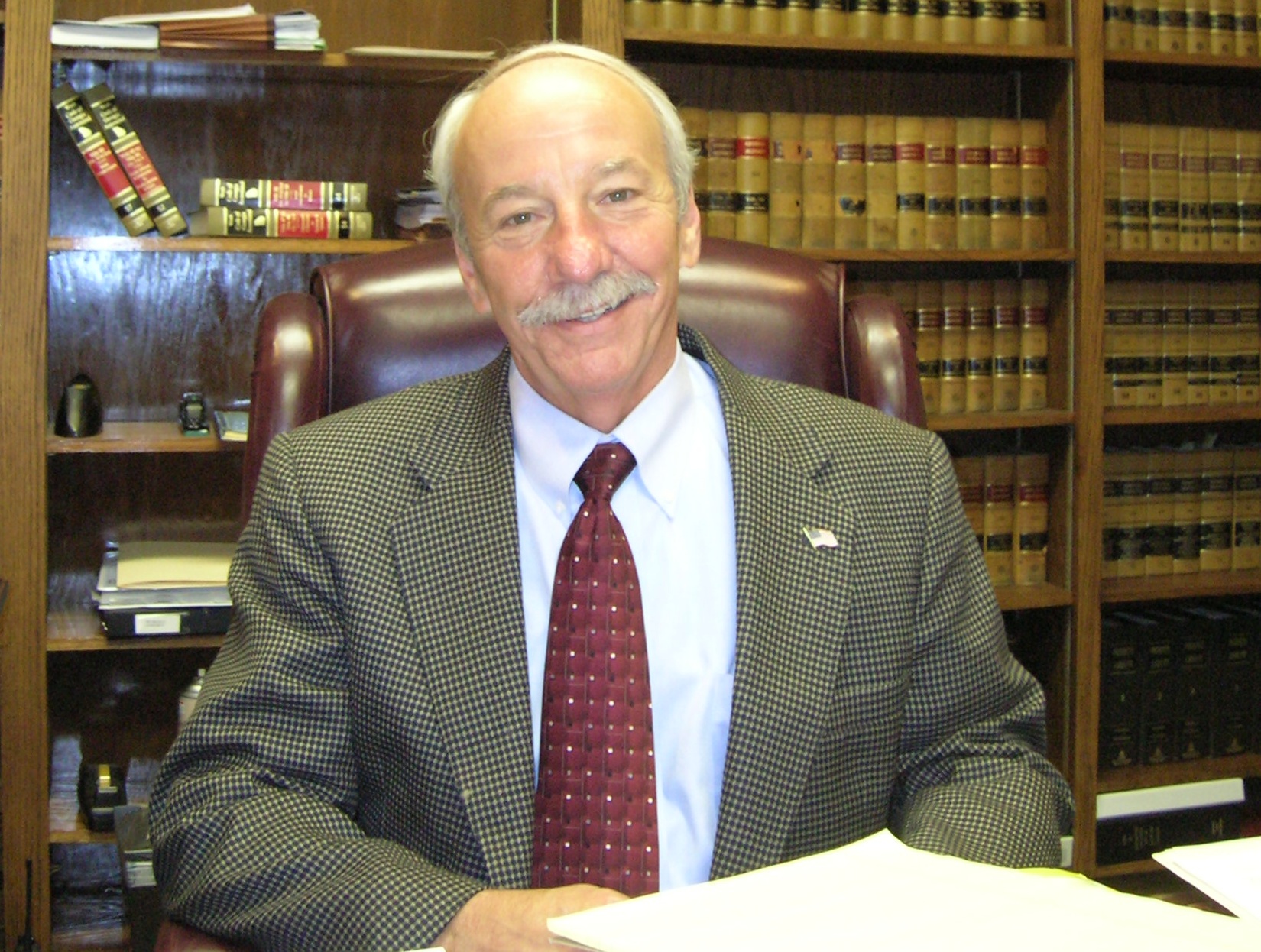Consultants hired to duel over Fort Oglethorpe sales tax
Friday, January 1, 1904
Please read the following messages:From Jim Bob and Michelle: Back 12 years ago our family went through one of the...
Posted by Duggar Family Official on Thursday, May 21, 2015
Costco, Walmart, Kmart and Home Depot are all inside Fort Oglethorpe's city limits and ring up a lot of sales tax dollars throughout the year.
Yet when the local option sales tax -- 1 cent from every $1 purchase -- is divvied up, Fort Oglethorpe gets only 20 percent, while Catoosa County takes 70 percent and Ringgold comes in third with a 10 percent share.
Fort Oglethorpe's percentage added up to $1.9 million in 2011 -- nothing to sneeze at. In fact, local option sales tax -- known as LOST -- is the single largest source of income for the city's general fund, outstripping even property tax, which generated $1.3 million in 2011.
But Fort Oglethorpe city officials wouldn't mind getting a larger slice of the LOST pie. An extra 10 percent, for example, would have brought in another $800,000 in 2011. Multiplied over the decade-long distribution period for LOST money, that adds up to $8 million.
LOST money isn't earmarked for special projects, and it goes into a city or county's general fund for discretionary spending.
The Fort Oglethorpe City Council voted in February to spend roughly $22,000 to hire consultant Phil Sutton of Flowery Branch, Ga., who's in the process of marshaling facts and figures so the city can make a case for a bigger share of the 1 cent sales tax.
"I think it's money well spent," City Manager Ron Goulart said.
Fort Oglethorpe's not alone in that thinking.
Just as parties anticipating a lawsuit start "lawyering up," it could be said that Georgia counties and cities are "experting up" in anticipation of the once-a-decade LOST apportionment process.
After Fort Oglethorpe decided to hire a consultant, Catoosa County commissioners voted early in April to hire one, too -- for the first time ever. Commissioners are spending $18,000 on Eaves Consulting Group based in Dublin, Ga.
"It's just a sign of the times," Catoosa Chief Financial Officer Carl Henson said. "Everyone seems to be doing it."
Henson doesn't buy the argument that cities are more deserving of LOST money than the county, even if the point of sale for retail businesses is inside city limits.
"Do people from the county not shop at that Walmart?" Henson asked.
To help counties stave off a loss of LOST, consultants will look at eight criteria as they prepare their reports, including point of sale along with the cost of service, according to a guide prepared by the Association of County Commissioners of Georgia
"Point of sale lacks credibility when considering LOST funds," the guide states, making the point that most customers come from outside the city in which a store is located.
Walker County takes an even larger percentage of LOST money -- 80 percent -- than Catoosa, with the cites receiving the following split: LaFayette, 9.5 percent; Rossville, 5.5 percent; Chickamauga, 2.6 percent; Lookout Mountain, 2.2 percent.
The LaFayette City Council voted unanimously on April 9 to spend up to $6,000 to hire Michael Brown, the former city manager of Savannah, Ga., to be its LOST consultant.
"We're going to look into it and, hopefully, we'll figure out a way to get a little bit more," Mayor Neal Florence said.
LaFayette officials make the argument that they're not getting a fair share of sales tax from stores such as Walmart that are inside city limits.
Walker County Sole Commissioner Bebe Heiskell said county residents also spend money at stores inside city limits.
"The city of LaFayette does not have enough people to sustain a Walmart," said Heiskell, who hasn't hired a LOST consultant but isn't necessarily against the idea.
"I'll have to take a look at it between now and when we start the negotiations," Heiskell said.
Walker County runs a lean budget now and can't afford to give up LOST funds, she said.
"Nobody's got an extra amount of money," Heiskell said.
Goulart said Fort Oglethorpe and Ringgold will work together on a proposal to split sales tax with the county. If the cities and county can't come to an agreement, the matter will go to mediation and ultimately could wind up before a Superior Court judge in what Goulart described as "baseball-type arbitration."
"The judge would select one of the proposals, but not a combination of the two," he said.
That should keep anyone from overreaching, according to Goulart, because if a side loses, it could lose big.
It's important for Fort Oglethorpe to get its ducks in a row, in case the matter does wind up before a judge., he said,
"I think you've got to prepare to go all the way to court," Goulart said.
Negotiations between cities and counties over local sales tax apportionment must begin on or before July 1 and will be open to the public. The exact negotiation dates haven't yet been set in Walker and Catoosa counties.

